Union Launches Call for Economic Support for Crab Industry
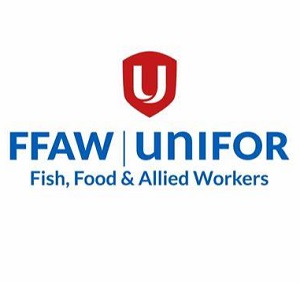 ST. JOHN’S, NL – Today, FFAW-Unifor is launching a campaign for federal support for those impacted by the post-pandemic collapse in the snow crab fishery. The detailed proposal includes income support requests for fish harvesters, fishery workers, and enterprise owners, to address significant income shortages this year and provide the help needed to make it to next season.
ST. JOHN’S, NL – Today, FFAW-Unifor is launching a campaign for federal support for those impacted by the post-pandemic collapse in the snow crab fishery. The detailed proposal includes income support requests for fish harvesters, fishery workers, and enterprise owners, to address significant income shortages this year and provide the help needed to make it to next season.
The fishery is a reliable, sustainable, and important source of economic development for coastal communities with over 7,500 Newfoundlanders and Labradorians relying on the crab solely or mostly for their livelihood. The current crisis can be attributed to the fallout of the COVID-19 pandemic, pandemic stimulus spending in the United States, the Russian/Ukraine challenge and Russia’s takeover of Japanese seafood markets, all contributing to the market collapse and subsequent 70% drop in market prices from last year. The anomalous downturn in the snow crab fishery requires federal intervention to protect those who are currently in crisis.
“Both federal and provincial governments declared fish harvesters and plant workers essential workers during the onset of the COVID-19 pandemic – critical to both the economy and food supply of the country. Now, these Canadians need help in the form of economic relief from the federal government,” says FFAW-Unifor President Greg Pretty. “We’ve done our homework and put together a funding proposal that would provide much needed support for enterprise owners, crew members, and other fishery workers impacted by the collapse in the snow crab market this year. It’s not unusual for government to support prime producers, and help is certainly warranted here especially given the pandemic related causes involved in this situation,” he explains.
Based on previous models of support and customized to fit the current situation, FFAW-Unifor is proposing an emergency economic support grant as well as temporary emergency changes to employment insurance qualifications for seasonal labour claims to ensure members will be protected given the dramatic decline in income this year.
“Our members are facing serious income shortages this year and inshore enterprises are facing bankruptcy, so in place of proposing complicated and convoluted changes to the federal employment insurance system for fish harvesters, we’re proposing a non-repayable grant program. These funds would provide the economic assistance needed to protect the existing investment and infrastructure of the inshore, owner-operator fishery and the rural communities that rely on the industry, so that these people can make it to next season,” says FFAW-Unifor Secretary Treasurer Jason Spingle.
The proposal is not intended to replace employment insurance programs, rather to supplement based on the current and expected shortages in income and benefits this year. Specifically, the proposal requests:
1) FISHERIES WORKERS – This proposal applies to all non-harvesting jobs relying on the snow crab fishery. For example, processing plant workers, dockside monitors, offloaders, delivery drivers.
Lower minimum insurable hours to qualify for regular E.I. benefits based on the unemployment divisor of 14 (In most cases it is a minimum of 420 to 700 insurable hours to qualify).
AND offer a Fishery Worker Economic Hardship Grant– $4000 per affected seasonal worker to supplement lost income. Non-taxable, & no effect on current EI claims.
2) FISH HARVESTERS – This proposal applies to all commercial fish harvesters whose income is primarily dependent on snow crab.
AND defer CEBA interest accumulation and payments for an additional calendar year;
FFAW-Unifor President Greg Pretty will be travelling to Ottawa this week to meet with federal decision makers and lobby for the proposal, which can be read in its entirety here. The Union is requesting public commitment to the proposal prior to the House of Commons summer break.
“Thousands of Canadians in our province are living in fear of the unknown, and while Members of the House of Commons are about to enjoy summer holidays, those who make their living in the fishery are worried about how they will make ends meet this season and when their work ends,” says Pretty.
“This modest proposed support for the inshore owner-operator fishery will make an enormous difference to those who rely on the snow crab industry – now during a sharp and unforeseen period of downturn, to ensure they will still be here in the more optimistic future,” concludes Pretty.
Important Facts:
⁃ Total inshore landed value in 2022 (<65’ fleets): $880 M
⁃ Landed value of crab in 2022 (<65’ fleets): $686 M
⁃ Percentage of total landed value: 78%
⁃ Runners up: Lobster $98 M, Cod $24 M, Shrimp $20 M
⁃ In 2022, 90% of snow crab was landed between the first week of April and the end of June.
⁃ As of June 1, 2023, only 11% of crab is reported to have been landed.

































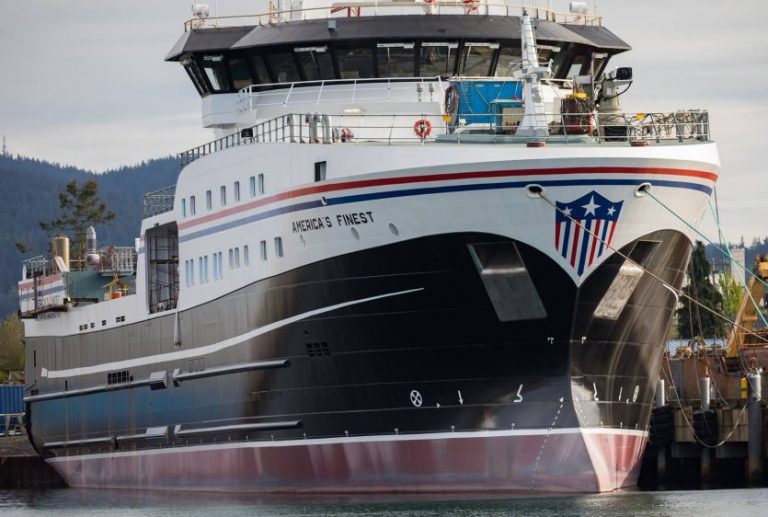



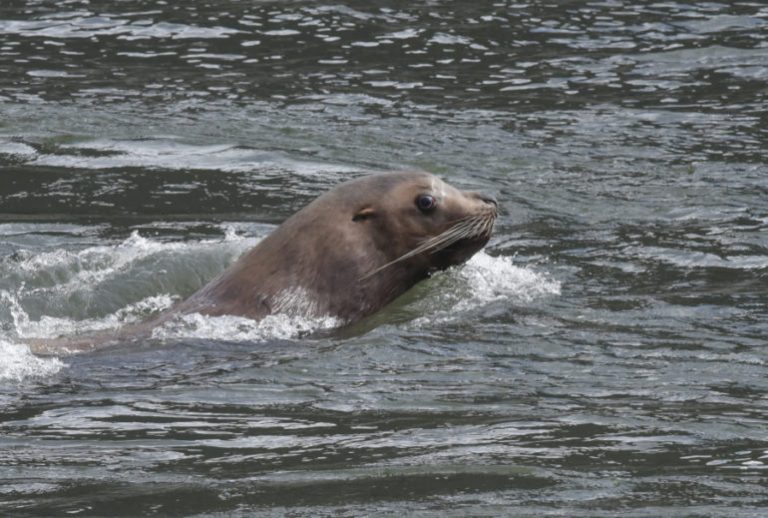

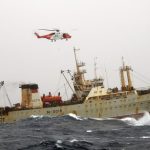

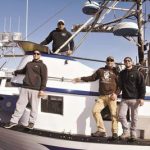
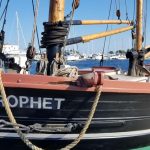



Leave a Reply